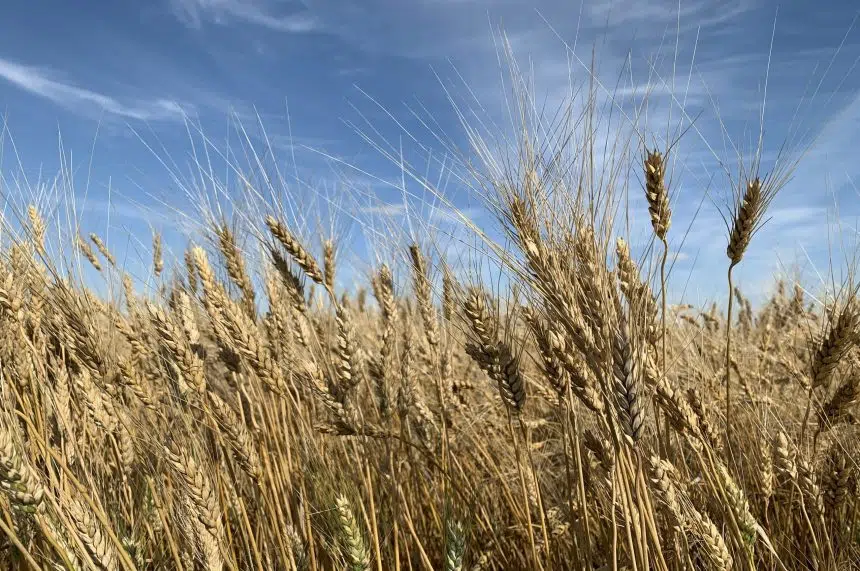It’s not a matter of when the CP Rail strike or lockout will impact Canada’s grain industry — because it’s already happening.
Grain elevators along CP lines have already experienced poor service this year because of other factors — a drought, flooding in B.C. and a global pandemic, to name a few.
Wade Sobkowich, the executive director of the Western Grain Elevator Association (WGEA), said the threat of a lockout or strike is already prompting handlers and exporters of grain to take action in anticipation, like talking to customers and slowing down farmer deliveries to elevators as part of preparing for a shipping hiatus.
“A work stoppage is going to exacerbate an already terrible situation,” Sobkowich said. “It’s already had an impact and the longer it goes on — if it actually materializes, which we think it will on Sunday morning — it will have an impact.”
The WGEA is a trade association for grain elevators with several members, including Cargill, Viterra and Richardson.
Sobkowich said a stoppage would mean a delay in getting product ordered by farmers to them or a shortage of product at processing facilities. It can also result in charges for the farmers who ordered grain goods because of the length of time extending their contract before they can receive their delivery.
The delays would stretch beyond farmers, too, impacting bakers and those who use canola and cereal grains to make cereal products like bread. It could also mean less selection on the shelf and higher prices for what does make it to retail — an especially dismal piece of news given the constantly rising price of inflation.
“We think it’s really unconscionable for the parties to be forcing the situation to a strike or a lockout right now, given the circumstances that we’ve had this year,” Sobkowich said.
He noted Canada’s reputation for reliable delivery isn’t good right now, and a situation like the one with CP Rail exacerbates a lack of trust for Canada to deliver goods in a timely manner.
With a situation like the war in Ukraine, which is a grain-producing nation, Sobkowich said Canada is in a unique position to step up and supply grains and oilseeds that Ukraine currently cannot provide. However, a work stoppage would also impact that.
Sobkowich said the association is urging the federal government in the strongest of terms to force binding arbitration to see an end to the work stoppage.
“It’s been a hard year for everyone here and this is only going to make it harder and it shouldn’t be allowed,” he said.
He also noted this is a problem that resurfaces on a regular basis every few years, so even if Canada can dodge a strike this time, it’s likely to come back in a few years time again.
Sobkowich said Canada needs to look at making rail an essential service so it’s not eligible for work stoppages in the future, a move Saskatchewan Premier Scott Moe also has called for.











